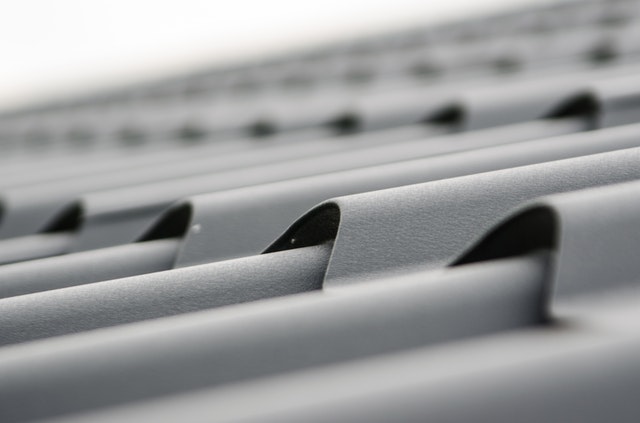Are you considering having a solar panel system installed on your home or business? The Tile Roofing Institute (TRI) requires flashing to be installed on most new or existing roofs. The purpose of this is to create a watertight seal that protects the home from moisture and leak damage.
In this post, we’re going to learn more about flashing, why it’s important, and why you should ask for it when having solar panels installed.
What is Flashing?
Flashing is an essential part of a roofing system. Its role is to keep your roof airtight and waterproof by sealing up places that are vulnerable to water. This includes any joints, edges, or gaps. If these areas are not sealed properly, moisture and water can seep in, causing severe damage to the home. Unfortunately, one of the most common code violations that is seen with solar panel installations is not installing base flashing.
Where is Flashing Installed?
Flashing is always important, but in the case of solar panels, it’s the point where the solar racking connects to a pitched roof that is the greatest concern. The last thing you want is to have a solar system installed and then have it leak, causing the roof warranty to void. This is why solar systems should always be installed according to municipal code and manufacturer specifications.
Generally speaking, flashing is installed around joints and cracks such as chimneys, vents, and skylights. In the case of a solar panel installation, all flashings should be taken care of before the racking (mounting system used to attach solar panels) is installed.
Not All Materials are Created Equal
Various materials can be used for flashing, including copper, aluminum, lead, galvanized steel, and stainless steel. The most durable flashing material is metal sheet, though copper is often a first pick because of its durability and way it adapts to extreme temperatures. We don’t recommend plastic or rubber, as it will wear down from the sun over time.
When having a solar panel system installed, talk to the company about the type of material being used for base flashing. Low quality materials can lead to early deterioration and a higher risk for leak damage. Additionally, good flashing allows the roof to expand and contract due to temperature changes without compromising the airtight seal.
Working with a reputable solar installer is the best way to ensure that all parts of the installation process are handled correctly. Just because you have solar panels installed doesn’t mean that your roof should be ignored. By giving your roof proper attention, you can prolong its lifespan, maintain its appearance, and get the most from your solar system.












